Rethinking Child Protection in Portugal: Community and Multidisciplinary Approaches

We all know that children and young people should grow up in an environment that promotes their full development in both their physical and mental well-being. However, this can be particularly difficult when the family faces situations of illness (including mental health problems), economic deprivation, unemployment, conflict, difficulties in social integration, forced migration or war. Children and young people exposed to traumatic experiences, such as sexual, physical or psychological abuse, have a higher risk of developing mental health problems, learning difficulties and difficulties in relating to others. These children will become adults who are more likely to suffer from diseases such as hypertension, diabetes, obesity and cancer, as well as mental health problems.
Some families may find it difficult to recognize the child’s needs or to understand when they need to ask for help. In such cases, children and young people often see themselves as the protagonists of the fairy tale “The Chocolate House”: abandoned by their own family in the middle of an unknown forest, having to face the dangers alone until they find their way home again. And, unlike Hansel and Gretel, who heroically manage to get out of the forest safe and sound, many children who face adverse experiences develop anxiety, guilt, low self-esteem, emotional instability, social isolation and a lack of hope for the future.
Shifting paradigms: prioritising stability and child-centered solutions
In Portugal, the philosophy behind the Law for the Protection of Children and Young People at Risk is that the courts should be the last resort, leaving it up to the communities (the entities with responsibility for children and young people and the Commissions for the Protection of Children and Young People) to first respond to anyone who sends out an SOS. It is, therefore, essential that all those who come into contact with vulnerable families, children and young people, particularly in the context of their professional activity, play an active role in recognizing the difficulties that families cannot cope with on their own and which they often hide with shame, guilt and discouragement. It is necessary to combine interdisciplinarity, invest in community solidarity (which includes effective report of cases) and promote inter-institutionality in order to assess, as correctly as possible, the “best interests of the child”.
But while it is necessary to act quickly to protect children and young people, the available responses are not always ideal. According to a recent UNICEF report, Portugal is the country with the highest number of institutionalized children among 42 countries in Europe and Central Asia, with 95% of children under the protection system living in residential care. According to UNICEF, “children institutionalized in large-scale facilities often face emotional neglect and higher rates of abuse and exploitation, which exposes them to mental health problems, psychological distress and trauma.”
Our social policies and judicial practices have been dominated by repairing parental failures. It’s time to replace this paradigm with an approach centred on a multidisciplinary assessment of the child’s needs to support their effective development. Regardless of the type of response offered, a child who is afraid and insecure must find a routine and the predictability of adult behaviour; a child who is emotionally confused must have access to a truth that is not crude and factual, but honest, reassuring and protective, with whomever they may have to establish ties; a child who is the victim of affective or real abandonment must become the protagonist, in a setting where adults are physical and affective present, having time to listen with their ears, time to listen with their hearts, time to play and time to share meals.
Let’s Talk About Children: multidisciplinary interventions for families at risk
With this purpose, the European project “Let’s Talk About Children”, coordinated in Portugal by the University of Coimbra, is implementing a methodology developed in Finland which aims to identify families in vulnerable situations at an early stage and, through multidisciplinary interventions, promote parenting skills, the psychosocial development of children and the mental health of the whole family. For that, a training program is being implemented for health professionals (psychiatrists, child psychiatrists, general practitioners, nurses, psychologists), education professionals (psychologists and teachers) and social workers who have contact with children and families.
As well as providing effective and specialized health responses to the various family members (e.g. child psychiatry, psychology and psychiatry consultations), it is also essential to act on other factors that influence the mental health of children and young people, for example, poor housing conditions, economic deprivation and social integration difficulties. Hopefully, this multifactorial approach will lead to a gradual and systemic change in the way professionals and institutions themselves work: in close coordination, they can provide increasingly effective responses to children and young people at risk.
We will consider we have achieved this goal when every child living in Portugal, regardless of their nationality, will be able to say with a loud and conscious voice: “My family’s past doesn’t necessarily have to determine my future.”

Paulo Guerra, Judge, Coimbra Court of Appeal
Maria João Simões, Psychologist
Joaquim Cerejeira, Professor of Psychiatry, Faculty of Medicine, University of Coimbra/ Coordinator of the Let’s Talk About Children project in Portugal
